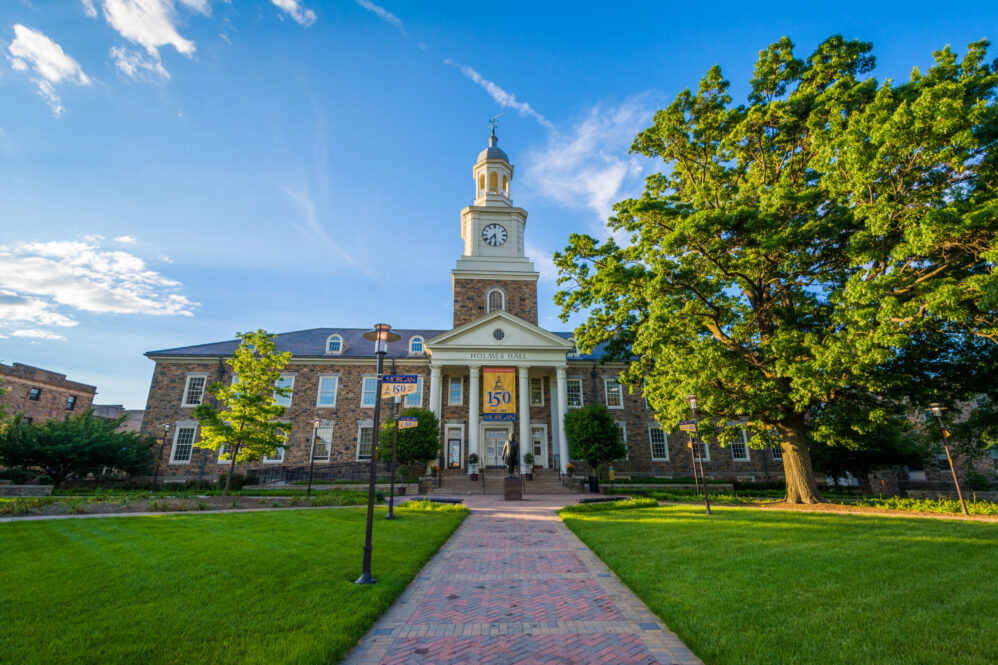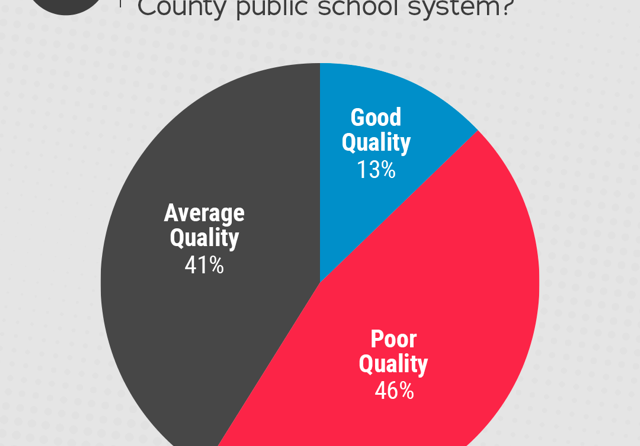MARYLAND MATTERS: As a Maryland legislative work group continues to consider how to reform a sometimes-adversarial approval process for academic degree programs at state-supported colleges and universities, the scope of their review has become clearer.
In response to a state Public Information Act request by Maryland Matters, the Maryland Higher Education Commission (MHEC) released a document that shows that it held 13 meetings to review academic degree program proposals between October 2018 and June of this year.
A review meeting is held when a school objects to a particular academic program plan because it could cause demonstrable harm to its own academic program or is unreasonably duplicative.
In September MHEC held two more review meetings.
Its commissioners approved six of 15 academic degree proposals. They denied the remaining nine.
What remains unknown from the first 13 review meetings is how much support — or lack thereof — each program had.
According to minutes for the meetings held between October 2018 through June, all 12 commissioners were never present at all of those sessions. About 10 commissioners attended three of those meetings.
During that time, the commissioners voted against staff recommendations to approve or deny academic programs three times. Two of those decisions were made this year.
Vote tallies for each review meeting are not recorded in public minutes, and, according to a commission spokesperson, are not subject to the Maryland Open Meetings Act.
The unknown vote tallies are significant because a recent opinion from the state Office of the Attorney General concluded that a controversial 4-3 commission decision in June to allow Towson University to create a business analytics doctoral program wasn’t valid because only four commissioners voted in favor of the plan.
Patrick B. Hughes, chief counsel for opinions and advice in the attorney general’s office, wrote in a letter that at least seven of the commission’s 12 members need to vote in favor or against proposals.
The chief counsel suggested the commission should meet again to resolve the decision and record a majority vote.
Morgan State University President David K. Wilson opposed Towson’s plan because it would mirror a business administration doctoral program at his historically Black university in Baltimore. Wilson noted the 4-3 decision in a letter he wrote to two state lawmakers who oversee education policy: Sen. Brian J. Feldman (D-Montgomery), chair of the Senate Committee on Education, Energy and the Environment, and Del. Vanessa E. Atterbeary (D-Howard), chair of the House Ways and Means Committee.
About a week after Hughes’ letter, Towson announced it would withdraw its plan because of the commission’s request for higher education institutions to “pause” new degree proposals if an objection is raised by another university.
Commission Chair Catherine “Cassie” Motz, who convened her first meeting last month, promised more transparency and has said the academic “review process is in great need of reform.”
Motz said that voting will become more transparent in decision letters which will state a vote total, the rationale for a decision and who supported and who opposed an academic degree program plan.
The commission conducted a 14th review meeting Sept. 7 about Johns Hopkins University and another meeting six days later about Stevenson University, which are both private institutions.
According to commission decision letters, the majority of commissioners voted against physical therapy doctoral program proposals from both schools, despite recommendations from Emily Dow, who is assistant secretary of academic affairs for the commission, to approve them.
Although private schools can, and do, receive some state funds, the commission’s decisions could affect how much they receive if they choose to offer programs against the commission’s decision.
Officials from the University of Maryland Eastern Shore and University of Maryland Baltimore requested a review meeting to oppose both plans because they would be “unreasonably duplicative” and cause “demonstrable harm” to the programs at their schools.
Meanwhile, a legislative work group — comprised of state legislators, college presidents and other higher education officials — has been established to recommend policy changes to MHECs approval process. That group will meet again Oct. 24 and its recommendations must be completed by Dec. 1.
Johns Hopkins spokesperson Jill Rosen said in an email Tuesday that the school is “disappointed and perplexed” by the commission’s decision against its plan, but is pleased that a work group has been formed to assess the commission policies.
“Johns Hopkins looks forward to the opportunity to contribute to this important public discussion of how MHEC can best contribute to the state’s legitimate goals in this area…and the importance of fostering innovative educational offerings that meet the interests of students and serve the needs of state employers in a skilled workforce,” she wrote.
UMES President Heidi M. Anderson also supports the legislative work group offering any changes to improve the academic approval process.
“My hope is that the commission will take a look and recognize that if you look at duplication, if you look at workforce, [then] you look at the supply, as well as the demand,” she said in an interview Wednesday. “You look at the numbers of students and the number of faculty and take all the data under consideration.”
Photo: Holmes Hall at Morgan State University in Baltimore. Stock.adobe.com photo by jonbilous.










